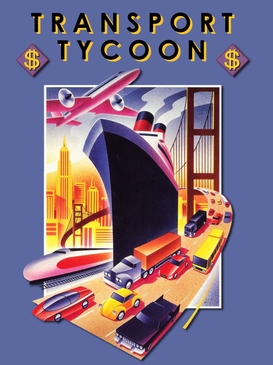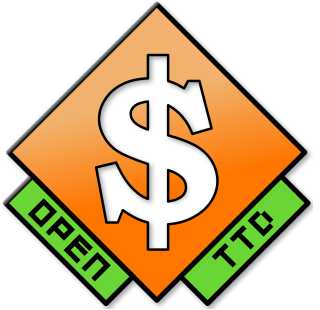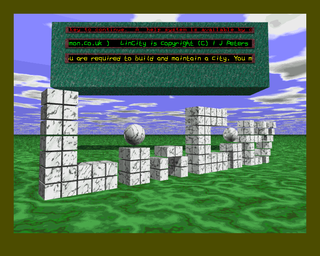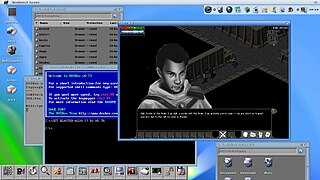
Blitz BASIC is the programming language dialect of the first Blitz compilers, devised by New Zealand–based developer Mark Sibly. Being derived from BASIC, Blitz syntax was designed to be easy to pick up for beginners first learning to program. The languages are game-programming oriented, but are often found general-purpose enough to be used for most types of application. The Blitz language evolved as new products were released, with recent incarnations offering support for more advanced programming techniques such as object-orientation and multithreading. This led to the languages losing their BASIC moniker in later years.

Celestia is a real-time 3D astronomy software program that was created in 2001 by Chris Laurel. The program allows users to virtually travel through the universe and explore celestial objects that have been catalogued. Celestia also doubles as a planetarium, but the user is not restricted to the Earth's surface, like in other planetarium software such as Stellarium. Celestia can display objects of various scales using OpenGL.
Irrlicht is an open-source game engine written in C++. It is cross-platform, officially running on Windows, macOS, Linux and Windows CE and due to its open nature ports to other systems are available, including FreeBSD, Xbox, PlayStation Portable, Symbian, iPhone, AmigaOS 4, Sailfish OS via a Qt/QML wrapper, and Google Native Client.

In computing, configuration files are files used to configure the parameters and initial settings for some computer programs or applications, server processes and operating system settings.

Transport Tycoon is a city-based video game designed and programmed by Chris Sawyer, and published by MicroProse on 15 November 1994 for DOS. It is a business simulation game, presented in an isometric view in 2D with graphics by Simon Foster, in which the player acts as an entrepreneur in control of a transport company, and can compete against rival companies to make as much profit as possible by transporting passengers and various goods by road, rail, sea and air.
cURL is a computer software project providing a library (libcurl) and command-line tool (curl) for transferring data using various network protocols. The name stands for "Client for URL".
Christopher Sawyer is a Scottish video game designer and programmer. He is best known for creating Transport Tycoon, which has been considered "one of the most important simulation games ever made", and the best-selling RollerCoaster Tycoon series.

BZFlag is an online multiplayer free and open-source tank game. In the game of BZFlag, players drive around tanks, viewed from a first-person view, in a server-defined world, which can be modified.

OpenTTD is a business simulation game in which players try to earn money by transporting passengers, minerals and goods via road, rail, water and air. It is an open-source remake and expansion of the 1995 Chris Sawyer video game Transport Tycoon Deluxe.

Chris Sawyer's Locomotion is a video game designed and programmed by independent game developer Chris Sawyer, and published by Atari Interactive in September 2004. The game is a simulation game in which the player takes on the role of a transportation company manager, building transportation networks and managing the flow of goods and passengers in order to compete against rival companies. Sawyer independently developed the game over nine years from the 1990s as a "spiritual successor to Transport Tycoon", with the game featuring "fundamentally the same" gameplay but with "differences in detail, scale and presentation" to update and refine the features that Sawyer "wanted to get right" in its predecessor.

Git is a distributed version control system that tracks versions of files. It is often used to control source code by programmers who are developing software collaboratively.

Lincity is a free and open-source construction and management simulation game, which puts the player in control of managing a city's socio-economy, similar in concept to SimCity. The player can develop a city by buying appropriate buildings, services and infrastructure. Its name is both a Linux reference and a play on the title of the original city-building game, SimCity, and it was released under the GNU General Public License v2.
Squirrel is a high level imperative, object-oriented programming language, designed to be a lightweight scripting language that fits in the size, memory bandwidth, and real-time requirements of applications like video games.

Armagetron Advanced is a multiplayer snake game in 3D based on the light cycle sequence from the film Tron. It is available for Linux, macOS, Microsoft Windows, AmigaOS 4 and OpenBSD as free and open-source software.

AROS Research Operating System is a free and open-source multi media centric implementation of the AmigaOS 3.1 application programming interface (API) which is designed to be portable and flexible. As of 2021, ports are available for personal computers (PCs) based on x86 and PowerPC, in native and hosted flavors, with other architectures in development. In a show of full circle development, AROS has been ported to the Motorola 68000 series (m68k) based Amiga 1200, and there is also an ARM port for the Raspberry Pi series.

Danger from the Deep, often abbreviated as DftD, is an open-source World War II German U-boat simulation for PC, striving for technical and historical accuracy.

Train Fever is a business simulation game by Swiss developer Urban Games, funded via the crowdfunding platform Gambitious on 20 March 2012 for a total budget of €300,000 and therefore published digitally by Gambitious Digital Entertainment and to retail by Astragon.

Orx is an open-source, portable, lightweight, plug-in-based, data-driven and easy to use 2D-oriented game engine written in C.

Art of Illusion is a free software, and open source software package for making 3D graphics.

















